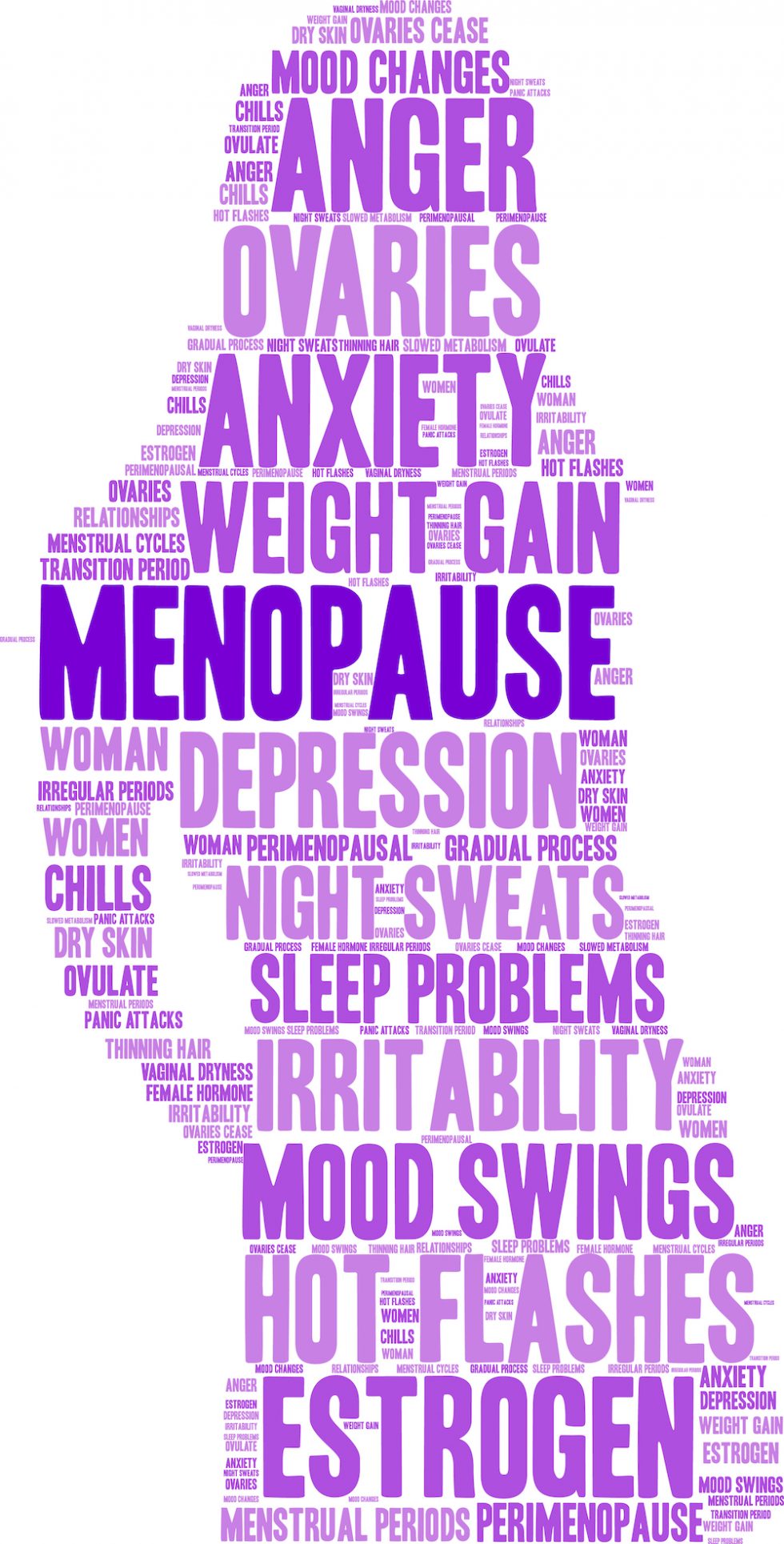
The Truth About Perimenopause Weight Gain
Menopause is a natural part of the aging process for women. As the body adapts to new hormone levels and maintain optimal functioning during this time, it’s not uncommon to experience perimenopause weight gain.
That being said, an expanding waistline is not inevitable. In fact, uncovering the truth about perimenopause weight gain, is one of the best ways to counteract it.
Keep reading to learn six factors that can lead to perimenopause weight gain and how to avoid them.
1. Increased Insulin Resistance
Insulin, adrenaline, and cortisol are the body’s three primary hormones. Adrenaline and cortisol are released in response to stress, and insulin is driven by the food that we eat.
What’s more, certain items such as sugar, white flour, and processed foods elevate blood glucose levels. They also increase the likelihood of insulin resistance, cause calories to be stored as fat, and lead to perimenopause weight gain.
2. Chronic Stress
In times of stress, the adrenal glands secrete hormones, like cortisol, that can block weight loss in perimenopause. High levels of cortisol can also push the body into starvation mode and cause it to store any extra calories for energy.
3. Declining Estrogen Levels
Sex hormones such as estrogen are in flux during menopause. That being said, as the ovaries decrease production of estrogen, the body begins to look for other sources, including skin and fat cells.
As a result, the body banks fat in case it needs it for estrogen in the future.
4. Toxin Build-Up
The immune system works as a well-oiled machine to detoxify the body under normal circumstances. However, if immunity is compromised, toxins have the potential to build-up in fat cells.
5. Emotional Eating
Emotional eating is not just isolated to perimenopause weight gain. However, if women notice that they are eating in response to stressors, to feel better, or out of boredom, it’s important to uncover and address the underlying issues.
6. Lack of Sleep
Most women function best with seven-to-nine hours of sleep per night, but instead get closer to five-to-seven hours. Sleep deficits after only a few nights, can increase the risk for perimenopause weight gain, insulin resistance, and diabetes.
If you are struggling with perimenopause weight gain or other symptoms, please call The Menopause Center in Tysons, VA today to schedule a comprehensive consultation with Dr. Melinda Hall.




Add A Comment
You must be logged in to post a comment.